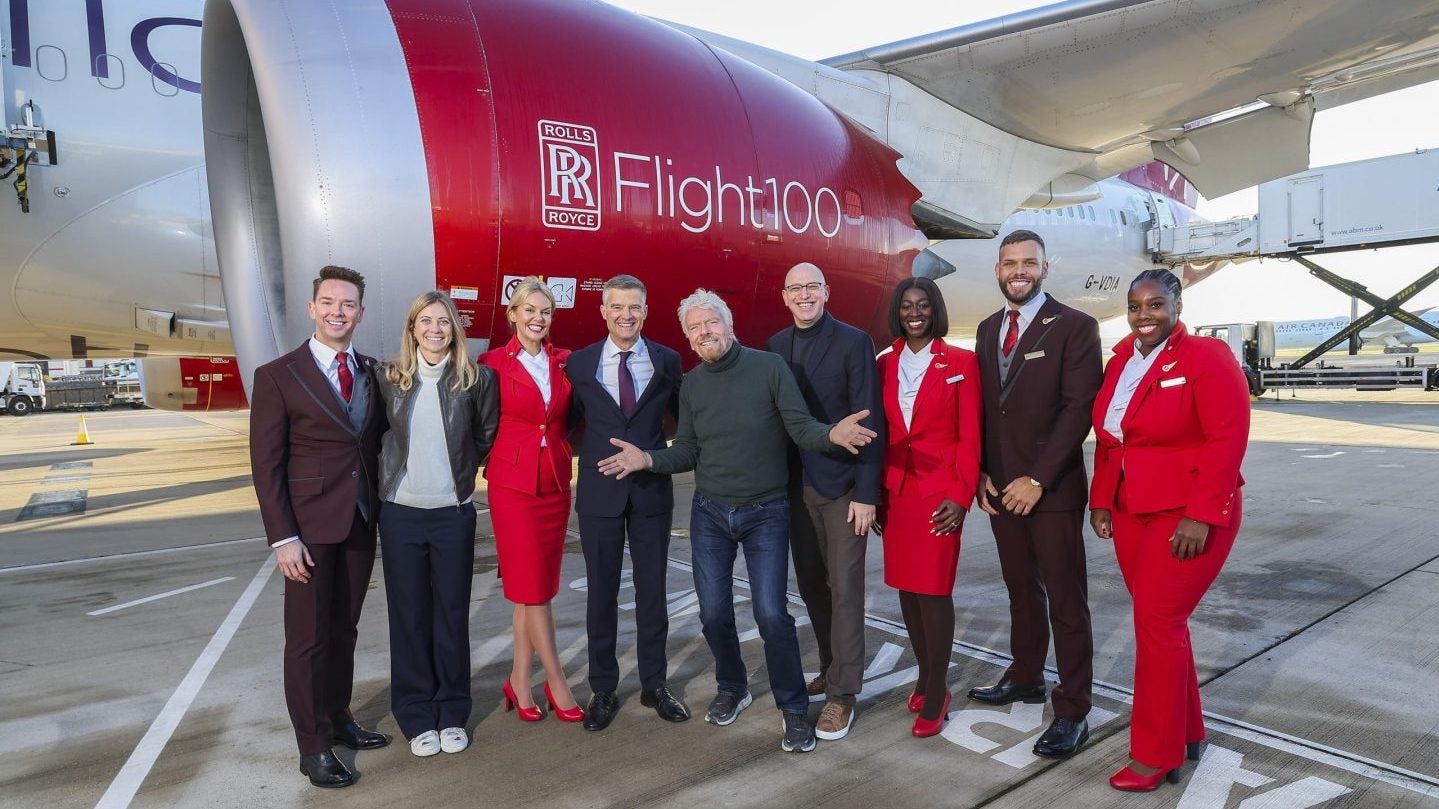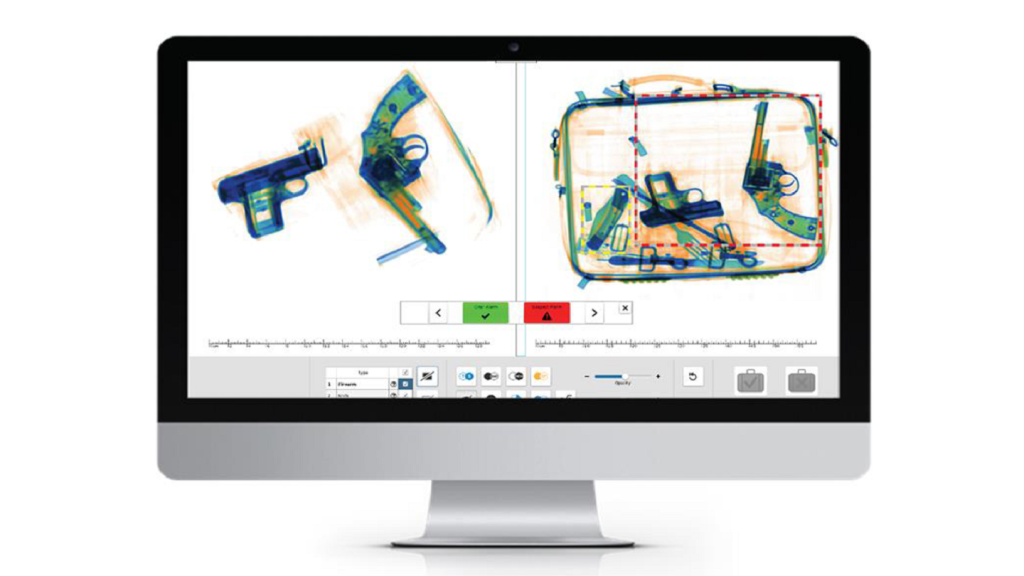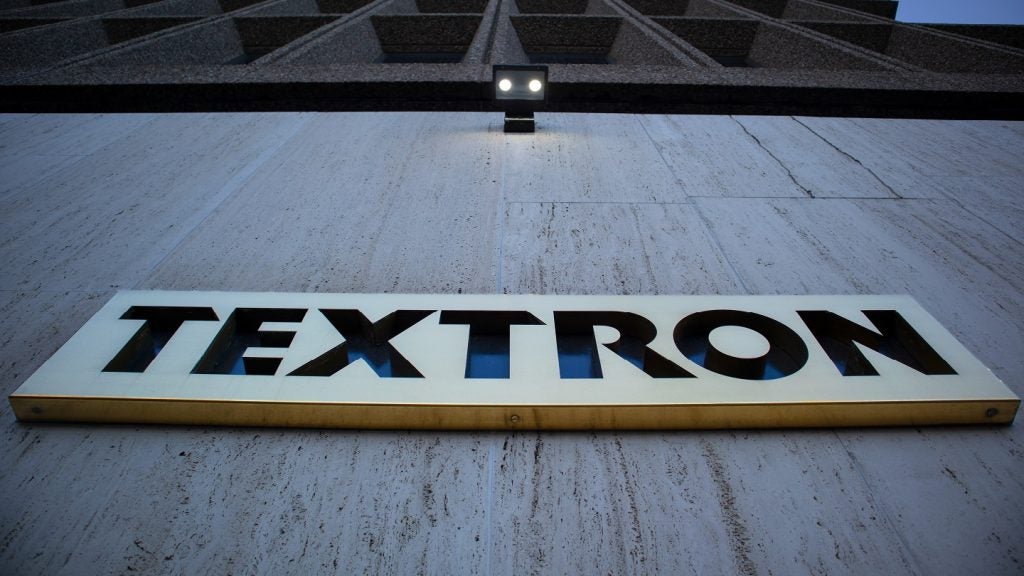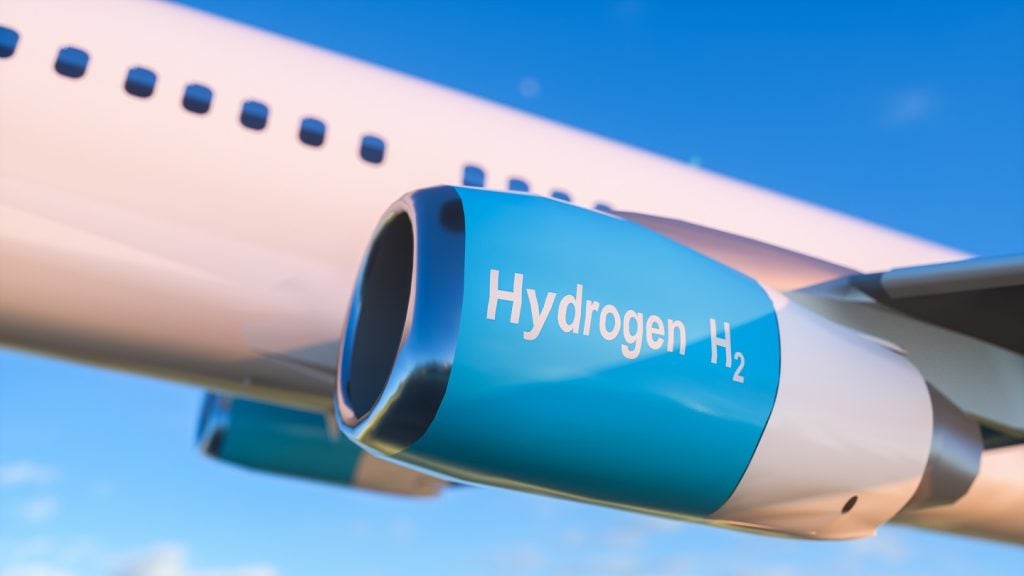
After a year of planning, Virgin Atlantic has finally conducted its transatlantic flight using 100% sustainable aviation fuel (SAF) from London to New York, becoming the first commercial airline to do so. After a small delay, VS100 took off from Heathrow at 11:49 local time.
Despite just missing out on being the very first to complete the achievement, as Gulfstream Aerospace flew its business jet across the ocean on SAF last week, Virgin still described the Heathrow to JFK airport flight as “historic.”
The Virgin flight, operated by a Boeing 787 Dreamliner, is part of an ongoing effort to demonstrate the capabilities of the lower emissions fuel, which can offer up to 70% reductions in lifecycle CO2 emissions compared to traditional jet fuel. But the product is currently in need of significant investment if it is to be used at scale.
In a blog about the “Flight100” project, Virgin founder Richard Branson said: “A huge well done to the Virgin Atlantic team and all of our partners for coming together and making this happen – now we’ve shown that it can work, it will take industry and governments to make it an everyday reality.”
“There’s still a long way to go, there simply isn’t enough sustainable aviation fuel – the next step is to see policy change in the UK and US and investment to change that.” He added.
Perhaps inspired by Branson’s call for the UK to do more on policy for the SAF industry, the UK Government also marked its involvement with the flight, which received £1m in funding from the Department for Transport (DfT).
The DfT provided the funding as part of a challenge from the department for a company to conduct the flight and collect data on the use of the fuel, which is expected to play a big part in the aviation industry’s net zero goals and will soon be mandated by the government, with at least 10% of jet fuel set to come from sustainable sources by 2030.
Transport Secretary Mark Harper – who took a seat on the SAF flight – said: “This government has backed today’s flight to take-off and we will continue to support the UK’s emerging SAF industry as it creates jobs, grows the economy and gets us to Jet Zero.”
The fuel used by Virgin’s aircraft, running Rolls-Royce Trent 1000 engines, was composed of 88% Hydroprocessed Esters and Fatty Acids made from waste fats supplied by AirBP and 12% Synthetic Aromatic Kerosene from plant sugars supplied by Virent.
While the 100% SAF flight will provide valuable data for the industry, demonstration flights like Virgin Atlantic’s, Gulfstream’s, and Emirates’ recent A380 test, cannot yet be translated to widespread use of the fuel with current fuel standards only allowing for 50% SAF blends.
The fuel also faces difficulties in scaling up with a lack of infrastructure to ensure the availability of necessary waste feedstocks and higher expenses compared to current fossil-based jet fuels.








